Franklin County youth tapped to advise governor’s team
|
Published: 04-15-2024 4:29 PM
Modified: 04-22-2024 4:24 PM |
Orange resident Christiana Dunn is among 60 young people statewide who will advise Gov. Maura Healey and her administrative team on issues important to young people as a member of the newly minted Youth Advisory Council.
The council members, ages 16-21, were sworn in for two-year terms by Healey and Lt. Gov. Kim Driscoll late last month in a special ceremony on Beacon Hill. In addition to Dunn, three students from Hampshire County were chosen — Haliyah Friedman-Kassis and Jade Rousseau, from Northampton, and Quinn Speek of Belchertown.
Students chosen submitted letters of interest and recommendations, including experience in previous councils in schools and what they would like to accomplish on the council, according to Marcony Almeida-Barros, Healey’s deputy chief of staff.
“We hear from young people all the time about the issues that matter to them most — everything from climate, to education, to mental health, to gun violence,” Healey said in a statement. “This advisory council opens up the door for conversation, recommendations and action. I look forward to working with each and every single member as we work together to make Massachusetts more affordable, competitive and equitable for all.”
Some of the issues the governor will be looking to get input from the new council on include youth violence, housing, mental health, education, and civic engagement, as well as participation in political decision-making.
Healey said she’s been inspired by the young people she’s met who are making their voices heard and demanding more from their leaders on the most pressing issues facing Massachusetts.
“They deserve a seat at the table,” said Healey.
Dunn’s journey, starting at age 17 from the halls of Quabbin Regional High School, is not just of academic pursuit, but of a deep-seated yearning to carve her voice into a larger stage.
Article continues after...
Yesterday's Most Read Articles
 Carol Doucette of Royalston receives $15,000 from Publishers Clearing House
Carol Doucette of Royalston receives $15,000 from Publishers Clearing House
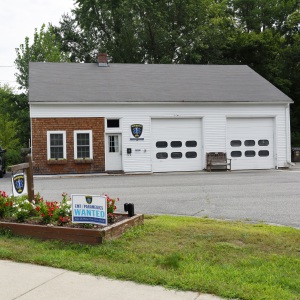 State documents show Northfield EMS chief’s paramedic license suspended over failure to transport infant
State documents show Northfield EMS chief’s paramedic license suspended over failure to transport infant
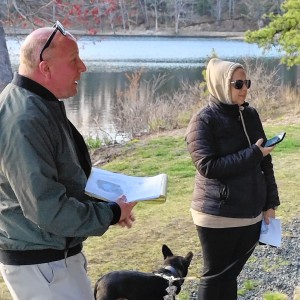 Plan calls for upgrades to Silver Lake in Athol
Plan calls for upgrades to Silver Lake in Athol
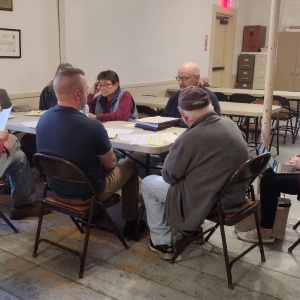 Royalston’s FinCom debates proposed salary increases
Royalston’s FinCom debates proposed salary increases
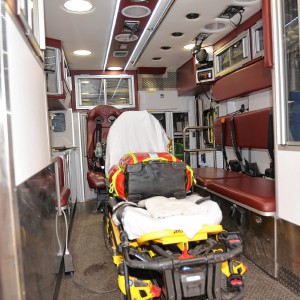 What are the protocols for emergency transport of infants?
What are the protocols for emergency transport of infants?
 Magic comes to Red Apple in Phillipston
Magic comes to Red Apple in Phillipston
“I don’t get the opportunity to have my voice heard on a large scale, but I believe our youth voices are the voices that will be in the future,” said Dunn.
She was the only person in her school to apply to the Youth Advisory Council with the encouragement of Principal Purnima DeMorais.
Dunn recognizes the critical importance of youth engagement in shaping the future and is particularly enthusiastic about the issues surrounding secondary education, especially the rising expenses of attending institutions. She said she is keen to advocate for increased financial aid and more accessible educational options, including vocational training.
Upon submitting her college application, Dunn noticed that many of her peers had to withdraw from school due to their families’ inability to pay the escalating tuition costs, but she believed these students deserved to pursue further education.
Dunn’s advice included the promotion of a secondary option — a less expensive vocational program where she believed students might gain similar skills as a regular university.
“I attended a trade school before, and I think there are important lessons that can be taught in such schools,” said Dunn.
Her involvement with the council underscores her commitment to learning about and contributing to solutions for the pressing issues around her. Dunn hopes to inspire her peers to also engage in civic matters and voice their concerns.
“We have such a unique perspective as a different generation, a different culture,” said Dunn.
Xinyi Yang writes for the Athol Daily news from the Boston University State House program.

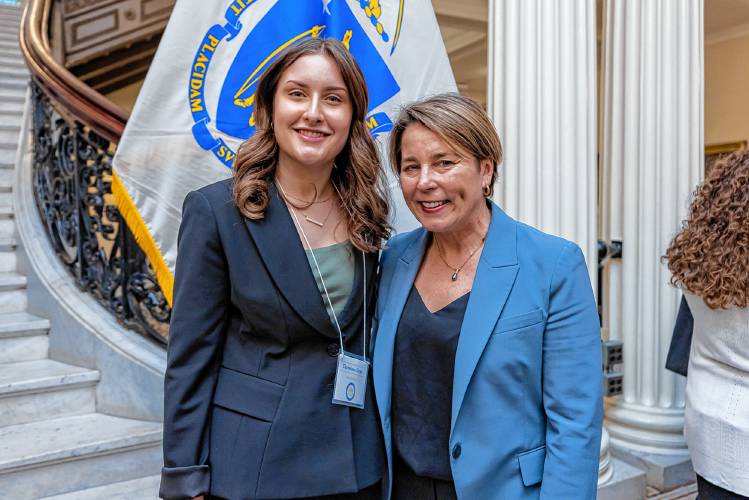
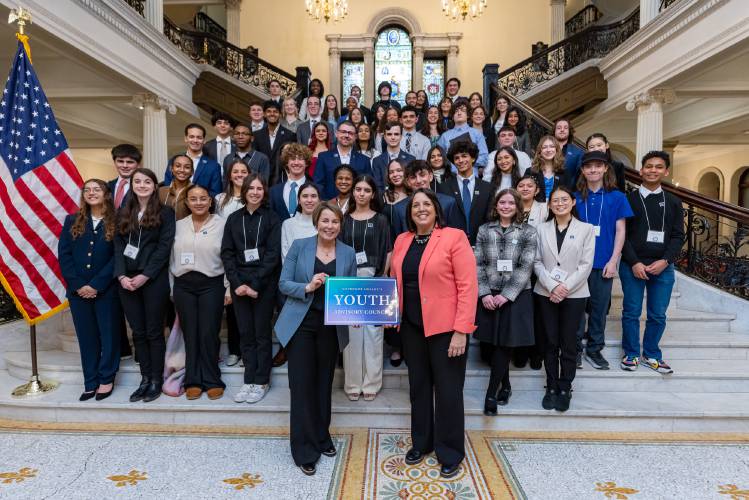
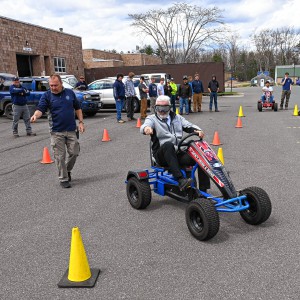 PHOTO: A valuable simulation
PHOTO: A valuable simulation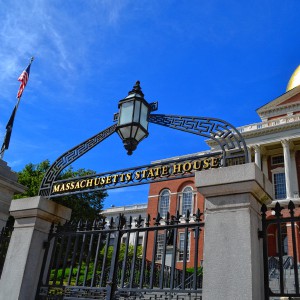 Over $400M in shelter funding, new limits approved
Over $400M in shelter funding, new limits approved